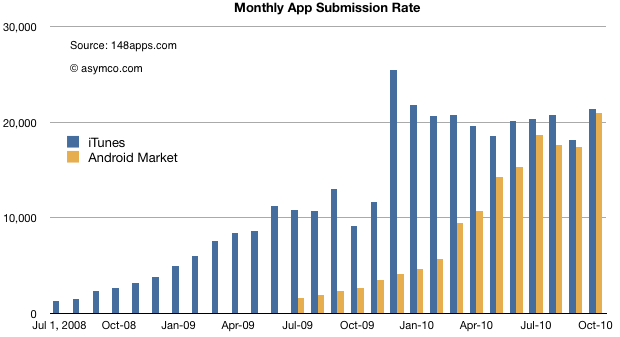When I wrote my opinion on the future of publishing (Citizen Publisher), I focused my lens on books and magazines. Published works that have relatively low time-sensitivity and hence relatively long shelf life are quite different from newspapers which package material with very brief temporal relevance.
The print-based news industry has suffered much more than print-based books and magazines. The primary cause is that “print” plays a far larger role in newsprint-based newspapers than in books.
To give you an idea of how important the printing plant is, Continue reading “The integrated iPad news daily: Read all about it!”

